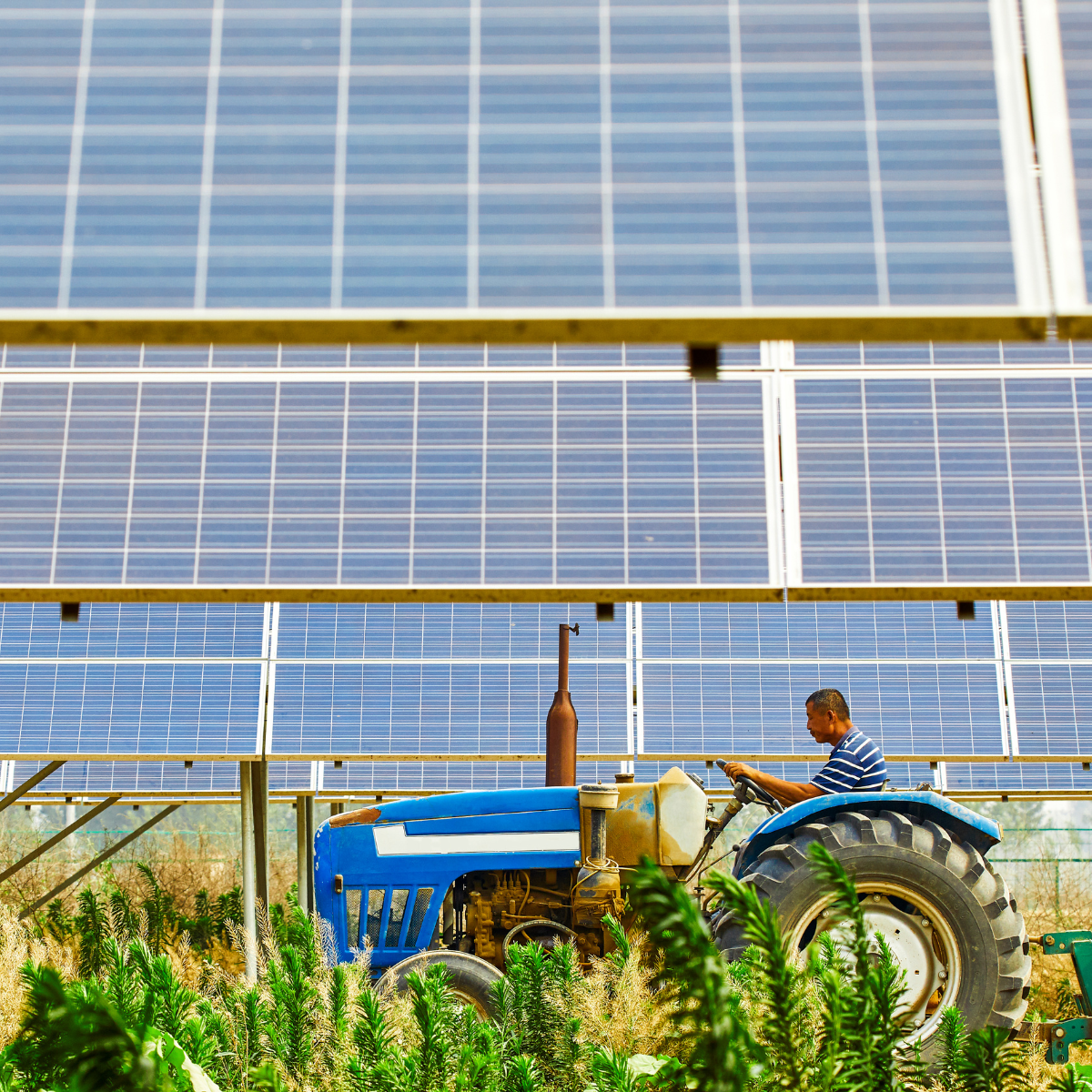About the project:
The Midlands Net Zero Hub worked with partners including the Royal Agricultural Society for England (RASE) and Innovation for Agriculture (IfA) on a pioneering study that delivers a vision of how UK farming will respond to climate change.
RASE released Farm of the Future: Journey to Net Zero report in spring 2022 that outlines how the farms of the future need to examine its role in the need for urgent decarbonisation. The briefing paper helps set the policy agenda to enable farmers to continue their multi-generational work towards a healthier, more resilient, and nature-friendly food supply system.
The report is designed to inform policymakers of the options available to farmers and land managers to deliver rural decarbonisation. It identifies a number of topics which need to be addressed including environmental resource management, low carbon energy options, low emission farm vehicles, digital, and robotic technology.
Lessons learnt
Key recommendations cover better valuation of nature and natural capital, approaches to restoring soil health, increasing biodiversity as well as land and water resource management.
Farmers are responsible for managing a large proportion of the UK’s landmass, as guardians of the countryside, with a vital role to play in the implementation of the country’s low carbon transition plans. Effective Government support will be essential to deliver the required ‘systems change’ ensuring farm business viability throughout the transition.
An exciting range of innovative approaches and technology solutions are becoming available to farmers. The existing network of farm demonstration sites should be extended to encourage uptake of nature-friendly sustainable farming practices, emerging technologies and rural renewable energy opportunities.
Agriculture is part of an extended supply chain that will be increasingly driven by consumer awareness and choice. Closer cooperation between farmers, processors and retailers, e.g. with food labelling and carbon accounting, will help promote the value of high quality, sustainable British food in a changing, post-Brexit global market.

